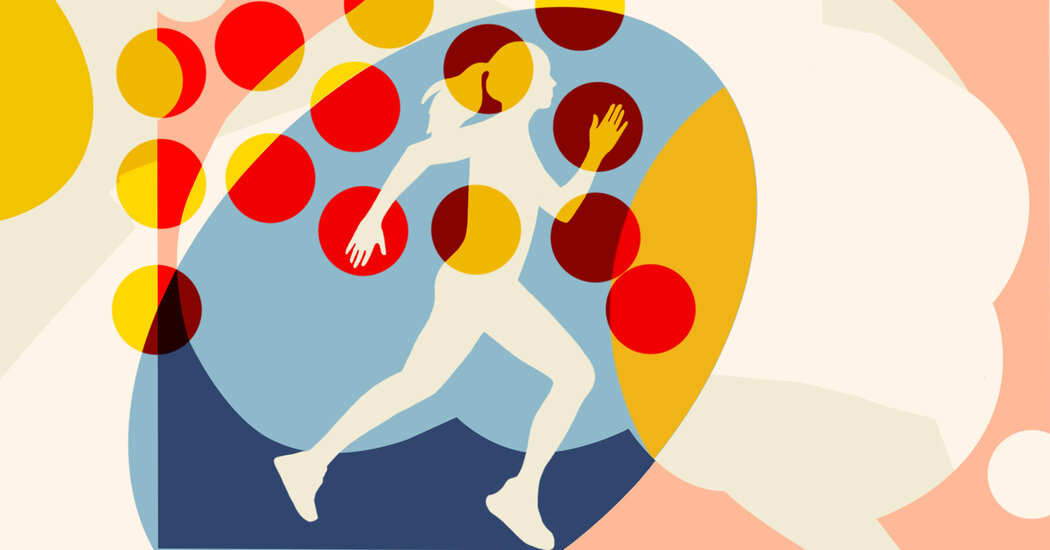Physical activity improves cognitive and mental health in all sorts of ways. Here’s why, and how to reap the benefits.
Growing up in the Netherlands, Henriette van Praag had always been active, playing sports and riding her bike to school every day. Then, in the late-1990s, while working as a staff scientist at the Salk Institute for Biological Studies in San Diego, she discovered that exercise can spur the growth of new brain cells in mature mice. After that, her approach to exercise changed.
“I started to take it more seriously,” said Dr. van Praag, now an associate professor of biomedical science at Florida Atlantic University. Today, that involves doing CrossFit and running five or six miles several days a week.
Whether exercise can cause new neurons to grow in adult humans — a feat previously thought impossible, and a tantalizing prospect to treat neurodegenerative diseases — is still up for debate. But even if it’s not possible, physical activity is excellent for your brain, improving mood and cognition through “a plethora” of cellular changes, Dr. van Praag said.
What are some of the benefits, specifically?
Exercise offers short-term boosts in cognition. Studies show that immediately after a bout of physical activity, people perform better on tests of working memory and other executive functions. This may be in part because movement increases the release of neurotransmitters in the brain, most notably epinephrine and norepinephrine.
“These kinds of molecules are needed for paying attention to information,” said Marc Roig, an associate professor in the School of Physical and Occupational Therapy at McGill University. Attention is essential for working memory and executive functioning, he added.
The neurotransmitters dopamine and serotonin are also released with exercise, which is thought to be a main reason people often feel so good after going for a run or a long bike ride.
